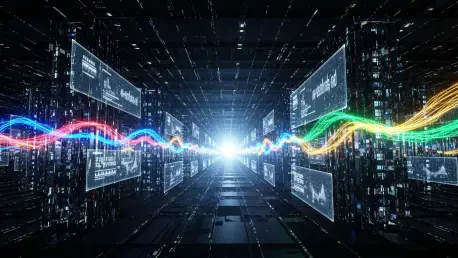
A deep-seated environmental paradox is unfolding across the waters of Puget Sound, where the urgent push to clean the air from maritime shipping has ignited a fierce and divisive conflict. As the region’s major seaports champion a transition away from polluting heavy fuel oil, they find themselves

In a landmark move that signals a seismic shift in global energy logistics, Japan's largest power company is orchestrating the development of the world's first commercial-scale supply chain dedicated to low-carbon ammonia. This ambitious initiative, led by JERA, aims to fundamentally reshape

Geopolitical Jitters Rattle an Unsteady Energy Market A recent uptick in global oil prices signals a market increasingly on edge, as mounting geopolitical tensions threaten to disrupt critical supply chains and challenge a period of bearish sentiment. After weeks of decline, both Brent and U.S.

The open seas have transformed into a geopolitical chessboard where supertankers are the pawns, and the latest moves by the United States threaten to checkmate Venezuela's beleaguered oil industry. In a dramatic escalation of its pressure campaign, Washington has shifted from economic sanctions to

Intensifying enforcement of United States sanctions has plunged Venezuela's state-run oil company, PDVSA, into a deepening logistics crisis, forcing it to use its own tankers for floating storage as onshore facilities reach their breaking point. This costly and inefficient measure is a direct

Governments across the globe are increasingly finding themselves walking an economic tightrope, balancing the immense political pressure to provide cheap fuel against the crushing financial weight of unsustainable subsidy programs. Amid persistent fiscal pressures and the unpredictability of global